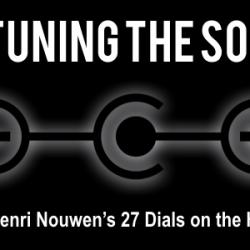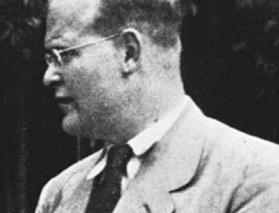Here’s a little Richard Rohr for your Sunday Morning:
“Contemplation,” or meditation as it is called by some, became more popular in contemporary times through the writings of Thomas Merton. The word most Christians were more familiar with was simply “prayer.”
Unfortunately, in the West prayer became something functional; something you did to achieve a desired effect—which puts you back in charge. As soon as you make prayer a way to get something, you’re not moving into a new state of consciousness. It’s the same old consciousness. “How can I get God to do what I want God to do?” It’s the egocentric self still deciding what it needs, but now often trying to manipulate God too.
This is one reason religion is in such desperate straits today. It really isn’t transforming people, but leaving them in their separated and egocentric state. It pulls God inside of my agenda instead of letting God pull me inside of his. This is still the small old self at work. What the Gospel is talking about is the emergence of “a whole new creation” and a “new mind,” as Paul variously calls it.”
Another thought from Rohr on how subversive this kind of prayer life is to the rest of our secular culture:
“The contemplative mind is the most absolute assault on the secular world view, because it really is an altogether different mind. The ego cannot rely upon it to do its bidding. The calculating mind of the “small self” reads everything in terms of personal advantage, short-term effort, and “What’s in it for me?”—“How will I look?”, “How can I look good?”. It cannot see things in a new, imaginative, or disinterested way. It is still “all about me.” All the great religions have taught that we need an utterly different perspective, a different vantage point, and a different starting point to see things as God sees them. It cannot start with “me,” or it will end with “me,” too. (Richard Rohr – The Gospel Call to Compassionate Action)












